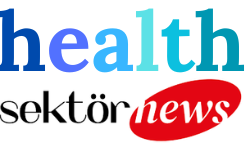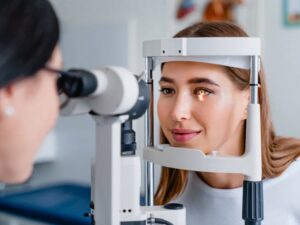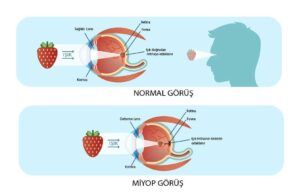
The Role of Gut Health in Cancer Prevention
The Role of Gut Health in Cancer Prevention: How Probiotics and Prebiotics May Lower Cancer Risk
The gut is a complex ecosystem that contains trillions of microorganisms, including bacteria, viruses, and fungi.
These microorganisms, collectively known as the gut microbiome, play a crucial role in maintaining overall health and preventing diseases, including cancer. In recent years, research has suggested that the use of probiotics and prebiotics may help to lower the risk of cancer by promoting a healthy gut microbiome. In this article, we will explore the role of gut health in cancer prevention and how probiotics and prebiotics may lower cancer risk.
The Link Between Gut Health and Cancer
The gut microbiome has been linked to various diseases, including inflammatory bowel disease (IBD), irritable bowel syndrome (IBS), and colon cancer. In particular, a disrupted gut microbiome has been shown to play a role in the development of colon cancer, the third most common cancer worldwide.
Several factors can disrupt the gut microbiome and increase the risk of colon cancer.
These include a diet high in fat and processed foods, low fiber intake, antibiotic use, and chronic inflammation. When the gut microbiome is disrupted, harmful bacteria can grow and produce toxins that damage the intestinal lining and increase the risk of cancer.
Probiotics and Prebiotics
Probiotics and prebiotics are two types of dietary supplements that can help promote a healthy gut microbiome. Probiotics are live microorganisms that are beneficial to health when consumed in adequate amounts. They can be found in fermented foods such as yogurt, kefir, and sauerkraut, as well as in supplements.
Prebiotics, on the other hand, are a type of dietary fiber that feed the beneficial bacteria in the gut. They can be found in foods such as onions, garlic, leeks, bananas, and asparagus.
Prebiotics are not digested in the small intestine and instead pass into the large intestine where they are fermented by the gut microbiome.
How Probiotics and Prebiotics May Lower Cancer Risk
Probiotics and prebiotics may help lower cancer risk by promoting a healthy gut microbiome.
Probiotics can help to balance the gut microbiome by increasing the number of beneficial bacteria and reducing the number of harmful bacteria.
They may also reduce inflammation in the gut and improve immune function, both of which can help to prevent cancer.
Prebiotics, meanwhile, can help to feed the beneficial bacteria in the gut, promoting their growth and multiplication. This can help to create a more diverse and stable gut microbiome, which has been linked to lower cancer risk.
Several studies have investigated the link between probiotics and cancer risk. A meta-analysis of 17 studies found that probiotic use was associated with a reduced risk of colorectal cancer. Other studies have suggested that probiotics may also reduce the risk of breast and liver cancer.
Prebiotics have also been studied for their potential to prevent cancer. A review of 16 studies found that prebiotic intake was associated with a reduced risk of colorectal cancer.
Other studies have suggested that prebiotics may also reduce the risk of breast and gastric cancer.
Maintaining a healthy gut microbiome is essential for overall health and may play a crucial role in preventing cancer.
Probiotics and prebiotics can help to promote a healthy gut microbiome by increasing the number of beneficial bacteria and reducing the number of harmful bacteria.
They may also reduce inflammation in the gut and improve immune function, both of which can help to prevent cancer.
While more research is needed to fully understand the link between gut health and cancer prevention, incorporating probiotics and prebiotics into your diet may be a simple and effective way to promote a healthy gut microbiome and reduce your risk of cancer.








